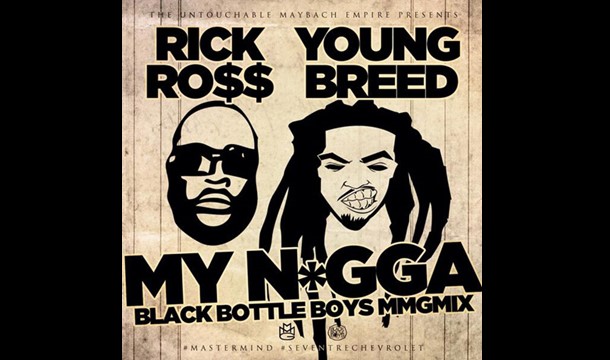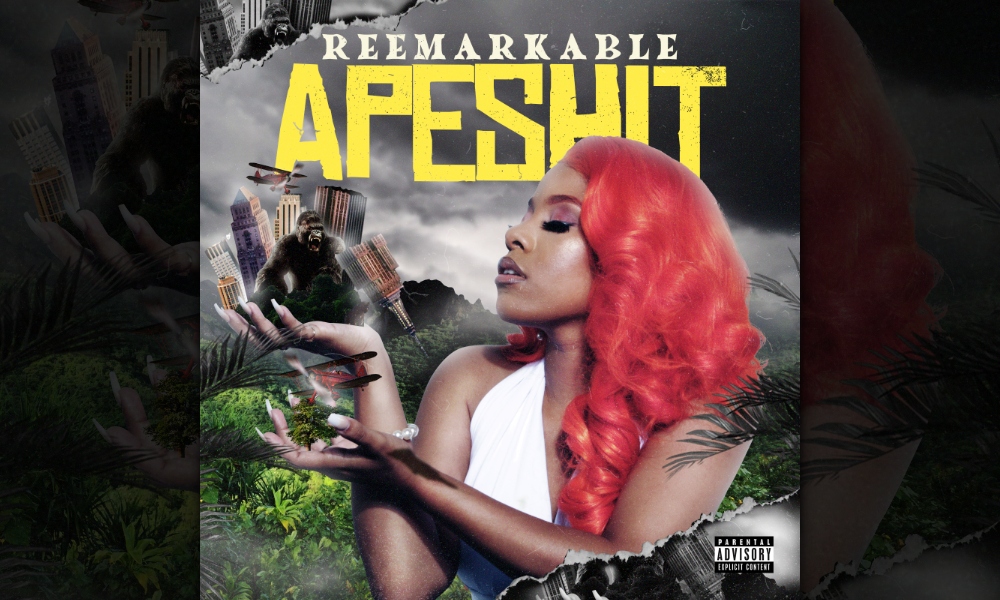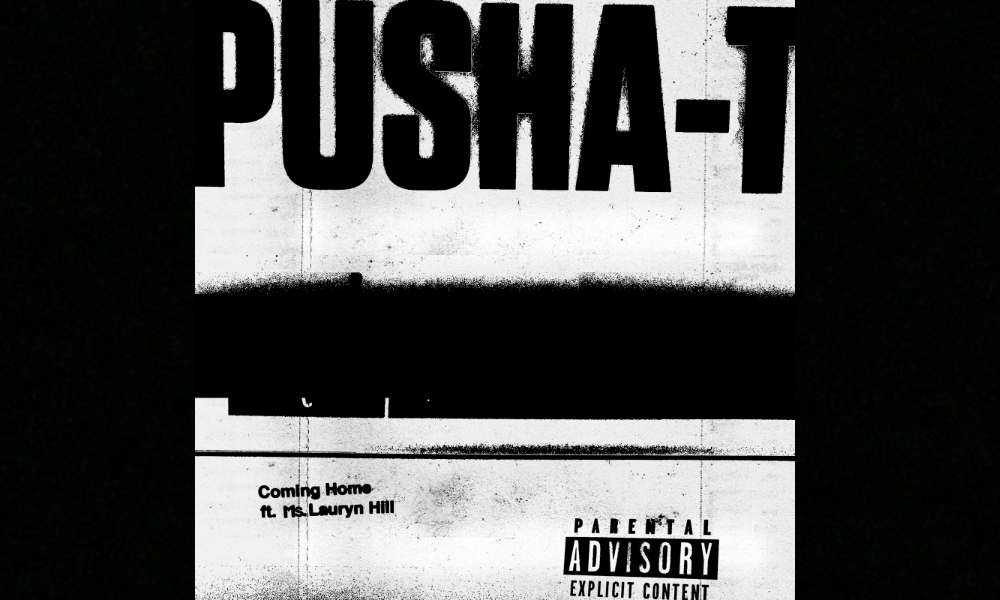If you’re a fan of rap music, chances are you’ve heard Rick Ross’ hit song ‘My N***a (Remix) ft. Young Breed Music.’ This catchy tune has been played on countless radio stations and streaming platforms, but it’s also stirred up controversy due to its use of racial slurs.
In this article, we’ll take a closer look at the lyrics and themes in ‘My N***a (Remix)’ and explore why some people find the language offensive. We’ll examine the debate surrounding the use of racial slurs in music and discuss whether or not artists like Rick Ross should be held accountable for their words.
So if you’re ready to dive into this contentious topic, keep reading!
Analysis of the Lyrics and Themes in ‘My N***a (Remix)’
Let’s dive into the lyrics and themes of Rick Ross’ “My N***a (Remix)”and see what messages are being conveyed.
The song is a remix of YG’s original track, featuring a guest verse from Rick Ross and Young Breed Music. The lyrics speak about loyalty, friendship, and the struggles that come with success in the music industry.
Throughout the song, we hear about the importance of staying true to oneself and one’s friends. Ross raps about his own experiences in the industry, where he’s seen many people change once they become famous. He emphasizes that those who remain loyal to their roots will ultimately succeed in life. This message is especially relevant for young people today who may be grappling with fame or success at an early age.
The theme of perseverance also emerges throughout “My N***a (Remix).”Both Ross and Young Breed Music rap about their own struggles in life before achieving success as artists. They encourage listeners to never give up on their dreams, even when faced with obstacles or setbacks along the way.
Overall, this remix serves as a powerful reminder that loyalty, perseverance, and authenticity are key ingredients for living a successful life both in and out of the music industry.
The Controversy Surrounding the Use of Racial Slurs in Music
Controversy surrounds the use of racial slurs in certain genres of music, with some arguing that it perpetuates harmful stereotypes and others defending it as a form of artistic expression. The use of the N-word, in particular, has sparked heated debates within the hip-hop community and beyond.
While some believe that reclaiming the word can empower black people and challenge its historical context as a tool of oppression, others argue that it only serves to normalize its usage and undermine efforts towards equality.
The debate over whether or not musicians should be able to use racial slurs in their lyrics is not a new one. However, recent events have brought this issue back into the spotlight. In 2020, rapper DaBaby faced significant backlash after he made derogatory comments about HIV/AIDS during his set at Rolling Loud Miami. This incident reignited conversations about accountability within the industry and prompted many to question whether or not artists should be held responsible for their lyrics and actions.
Ultimately, while there are valid arguments on both sides of this debate, it is important to consider the impact that language can have on individuals and communities. As society continues to grapple with issues surrounding race and discrimination, it’s crucial for musicians to take responsibility for their words and recognize their power to shape cultural norms.
Only then can we move towards creating a more inclusive and equitable world for all.
Conclusion
So there you have it, dear reader. You’ve just finished reading about Rick Ross’ ‘My N***a (Remix)’ and the controversy surrounding the use of racial slurs in music.
As a listener, it’s important to be aware of the messages being conveyed through lyrics and how they can impact society. While some argue that using such language is a form of artistic expression, others maintain that it perpetuates harmful stereotypes and reinforces systemic racism.
Ultimately, it’s up to each individual to decide how they feel about this issue and whether or not they want to support artists who use derogatory terms in their music.





